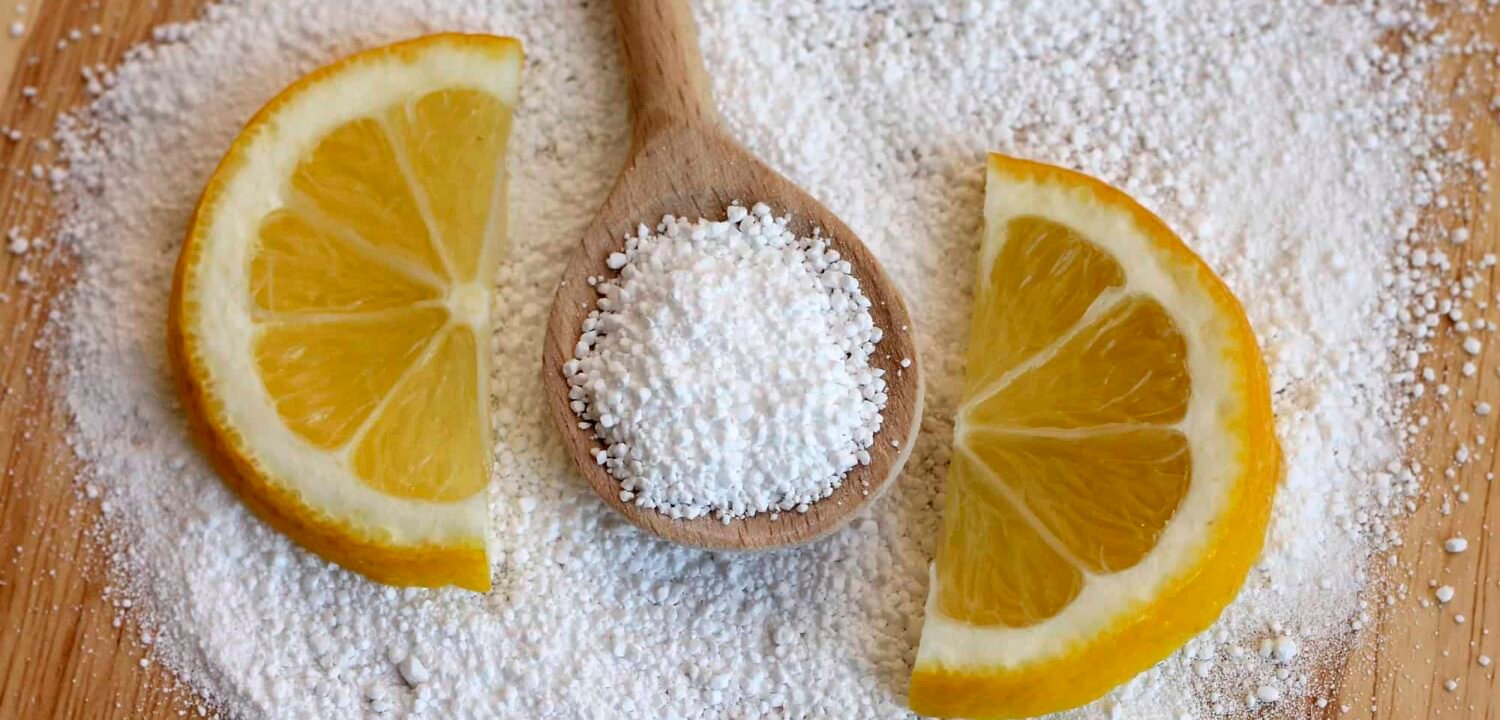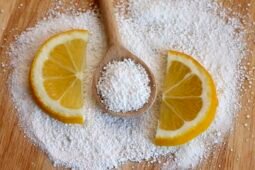Citric acid is one of the most commonly used additives, found in 70% of food and beverages, 20% of cosmetic and pharmaceutical products, and 10% of cleaning agents. While naturally occurring in citrus fruits, about 99% of citric acid used in products is modified citric acid (MCA), produced through fermentation using the black mold Aspergillus niger. This method has been industry-standard since 1919. Isn’t that shocking? A surprising source of manufactured citric acid— produced from black mold!!!! A common neurotoxin!
From carbonated drinks and energy beverages to snacks, processed dairy, pre-prepared meats, and even vitamins, citric acid appears frequently on the ingredient lists. It’s not limited to food either—home cleaning products and laundry detergents also often contain citric acid. Everything seems to have added citric acid.
In this blog post let’s dive in a little deeper into why the industry is allowing it, what are the health complications and how to avoid it. I truly hope this information will empower you to make more informed decisions the next time you’re shopping, especially if you’re concerned about mold-related health risks.

Role as a Food and Supplement Additive
Preservative, Acidity and Flavor Enhancer
Manufactured citric acid is found in hundreds of grocery store products, from drinks and dairy to meats, jams, candies and even salt. It’s primarily used as a preservative, extending the shelf life of food, and as a flavor enhancer, making items tastier. Its cost-effectiveness and ability to be mass-produced at a low cost have made it indispensable in the food industry. However, the process using Aspergillus niger, a known allergen, raises concerns about potential health risks, making it important to stay informed about the products we consume.
Role in cleaning products
MCA, or modified citric acid, is commonly found in laundry detergents and household cleaners for several reasons:
- pH Adjuster: It helps balance the pH of cleaning products for better stain removal.
- Stain Removal: Its acidic properties break down tough stains, especially those from hard water or rust.
- Brightening Agent: It removes mineral deposits, keeping fabrics vibrant.
Where is Citric Acid found in Nature?
Natural sources of citric acid include:
- lemons
- limes
- oranges
- grapefruits
- strawberries
- tomatoes
Why not just use a naturally derived Citric Acid ?
So why not just use the organic sources? This is because producing this additive from citrus fruits is too expensive, and the demand far exceeds the supply.
Mass Production-Cheap-Low Cost
Due to high demand, and faster and more cost-effective methods for producing citric acid, food manufacturers are increasingly using manufactured citric acid (MCA) in their products. In a nutshell, to mass-produce citric acid, manufacturers employ a technique involving the mold Aspergillus Niger ( Black Mold) and highly processed sugars like molasses, beet sugar, or corn syrup. This process allows for the large-scale production of citric acid at a lower cost, meeting the industrial demand for the ingredient in food, beverages, supplements and household products.

Health Implications of Synthetically produced citric acid.
Despite its widespread use, MCA wasn’t subjected to FDA safety evaluations when the Food Additives Amendment was passed in 1958, being labeled GRAS (Generally Recognized as Safe). Research, however, raises concerns about MCA. A 2018 study linked MCA consumption to symptoms like joint pain, swelling, shortness of breath, and muscle pain, fibromyalgia.
These symptoms typically arose within 2 to 12 hours of ingesting food, beverages, or vitamins containing MCA and could last from 8 to 72 hours. On the other hand, organic citric acid derived from fruits like lemons and limes showed no adverse effects. Organic citric acid on the contrary is very beneficial to our health in many ways. Consumers oftentimes are not aware of the citric acid source. And the lack of transparency is another problem. Here’s the rule of thumb: 99% of added citric acid is modified unless proven otherwise.
Why is this topic so important to me?
I’ve personally experienced the harmful effects of mold exposure while living in a water-damaged condo and am still in the detox process. It was incredibly challenging for my family. Now thinking about vulnerable groups like newborns, the elderly, and those with weakened immune systems.
Adding triggers like modified citric acid (MCA) to a weakened immune system can be particularly harmful. It can intensify health issues, making it essential to reduce exposure wherever possible for better overall well-being.
Takeaway
Yes, citric acid naturally found in fruits and vegetables is beneficial for your health and well-being. However, the manufactured citric acid (MCA) commonly found in processed food may not be as safe as it’s often perceived. To protect your health, it’s important to read labels, stay informed, and prioritize choosing natural, whole foods for a more nutritious and health-supporting diet. Always opt for the most natural form of food items whenever possible.







Leave a Comment